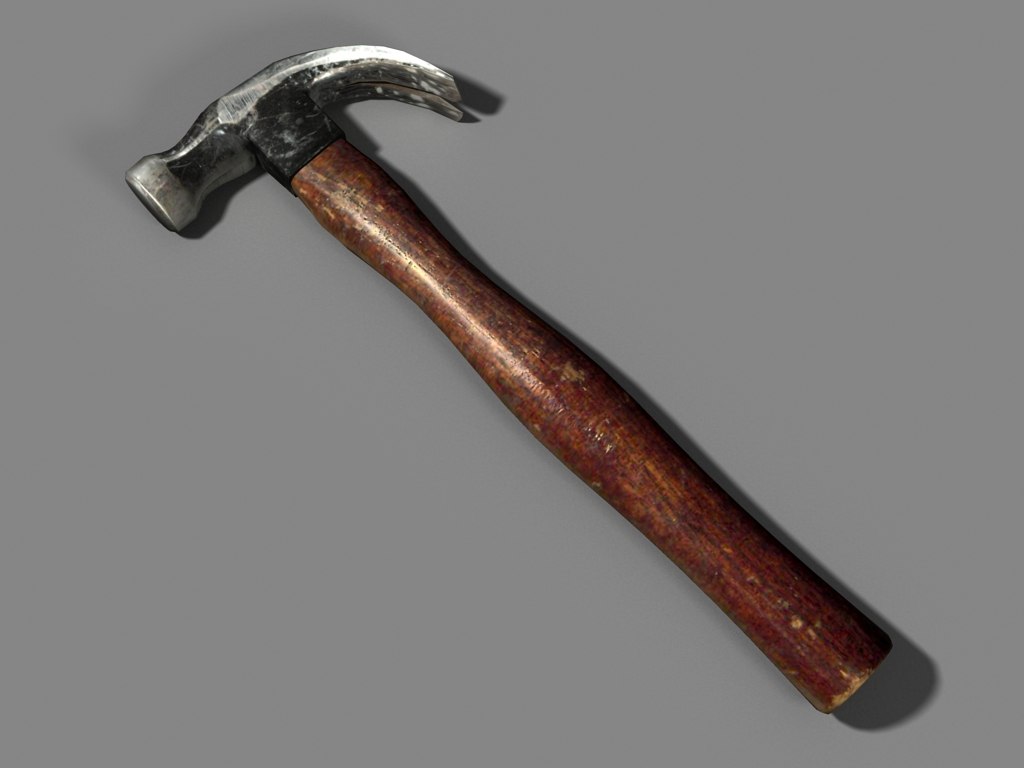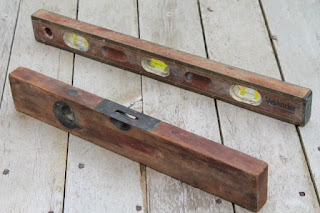I've linked the Toxophilus excerpt in a Google Docs version so you can copy the text into your Google Docs or Word if you wish. Using tables, you can do the graphic organizer on Google Docs and you can annotate using comments. You may wish to bring something in done by hand, though. Not sure if you can circle and draw arrows in the way you may wish to in a Google Doc. I do encourage you to try your hand at the graphic organizer.

Enjoy your trip back into the scientific observations and practical concerns of the mid-Sixteenth Century England!
Due Thursday in class.















